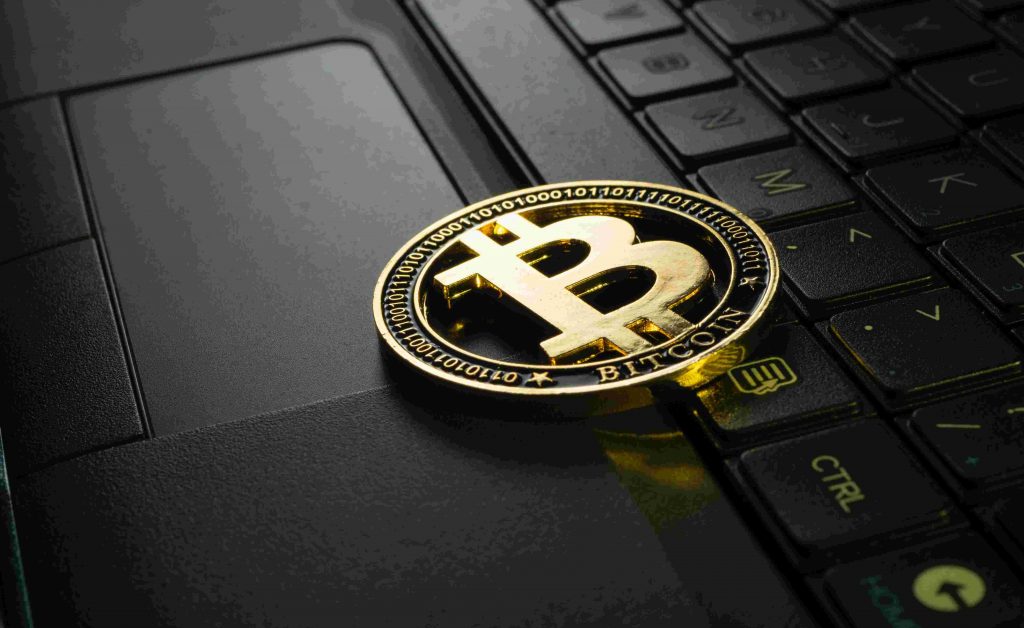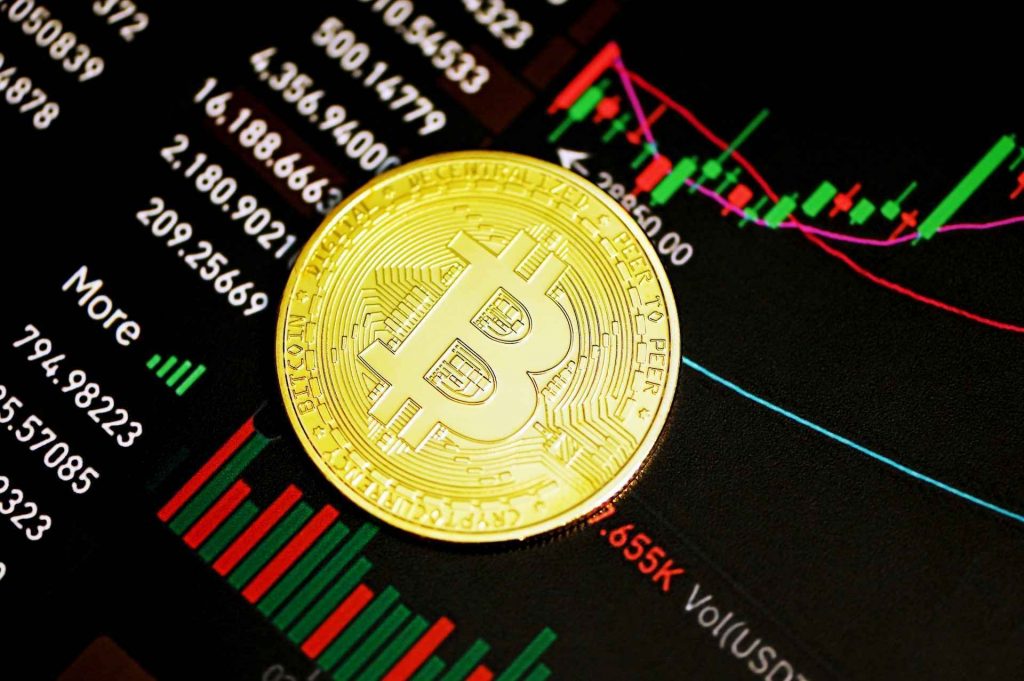Global companies require reliable information and resolve issues at the earliest stages possible. If you want entirely automated trading services, you can visit websites like bitcoinsmarter; here, you will get all the advanced bitcoin trading features. Supply chains require a standardized and centralized ledger of transactions to record, generate correctly, and track data to operate efficiently.
Blockchain technology is the answer and a new way to be more effective with this information. It’s time that supply chain practitioners consider using it within their frameworks today. The global financial crisis left many companies struggling to gather reliable data on transactions that could help them plan effectively for their future business strategies — mainly because trade relied on paper contracts before blockchain came into play.

Blockchain can save time and money wasted on manual processes easily compromised by human error. Finally, there is no such thing as a simple way to track information in the globalized world anymore; everyone needs to trust that the data used to make decisions is reliable, accurate, and up-to-date.
Information Use !!
Concerned about online trackers and introducers tracing your internet activity? Or do you face geo-restrictions while streaming? Get NordVPN - the ultra-fast VPN trusted by millions, which is available at 69% off + 3 Months Extra. With the Double VPN, Split tunneling, and Custom DNS, you can experience internet freedom anytime, anywhere.

Blockchain provides a new way of tracking electronic records with a secure system to verify and confirm transactions. It allows for efficient tracking of the transfer of assets and the distribution of goods and services. For example: By using blockchain, a notary public can eventually use blockchain technology to verify digital signatures that they previously needed to receive in physical form. It will become easier for governments to accept land records, legal documents, and other necessary data they previously had trouble processing because of their size. Let’s explore whether blockchains are worth using in the supply chain.
Disadvantages of using blockchain in the supply chain
1. Blockchain is expensive:
For blockchain to be widely used, more details about how it works and its functions must be understood by people. For example, practitioners need to figure out how much a transaction should cost during a supply chain transaction. Some say it needs to be economical for every participant in the process, and some say its benefits must outweigh its cost.
Blockchain eliminates inefficiencies by being efficient and inexpensive. In the case of a blockchain, there are multiple users on the network, which means that the network takes longer to complete each operation (think of an assembly line). There will always be some delay in processing time because time is needed to reach a consensus with every other network member before an operation can occur.
2. Blockchain requires technical knowledge:
Blockchain requires a certain level of technical knowledge. Participants need to have a great understanding of the blockchain rules and the algorithms that are used to be able to register and authenticate transactions properly. Also, some service providers can help businesses get started with blockchain. However, no matter how much knowledge participants have in blockchain, it is still best for them to work with an expert programmer when implementing it in their business because there are many more complexities involved than most people might think.
3. There is a big learning curve:
Blockchain has unique challenges that require time and constant effort on behalf of business managers who want to implement it into their supply chain relationships. Practitioners need to understand the mechanics of how blockchain works to make quick decisions about whether it will be worth using a different technology.
4. Consensus is critical:
The effectiveness of blockchain technology depends a lot on consensus, which means that all parties need to agree that the change should happen. These groups can be individuals within a company, businesses, or corporate entities. Under certain circumstances, there may need to be some internal contestation as multiple people may want something different. For example, suppose one business wants more power than another in its supply chain relationship. In that case, it will have to look elsewhere for a new partner (think of one more significant business challenging another).
Advantages of blockchain in the supply chain:
1. Transparency and traceability:
Transparency makes for significant benefits in the management of security and trust. A price tag can be put on any product because the blockchain keeps track of every transaction, and there is always transparency between parties. As a result, there is no mistaken identity or chance of fraudulent transactions.
2. Audit trail:
A blockchain provides a way to track all transactions within the supply chain, from when the product was produced to when it reached the customer. This information can be used for future reference, so there will be no doubt about where a product has gone or who does or does not own it once it has been distributed, whether for good or foul.
3. Automation:
Blockchain works very similarly to an assembly line. It helps automate whole processes as well as make steps more accessible and more efficient than manual systems can do alone.
So, is blockchain worthy of a supply chain?
In the supply chain context, blockchain can be suitable when high levels of security and transparency are needed. Businesses should also use it in regulatory and compliance environments as it will give companies checks to ensure that they meet legal standards regarding data security, maintain accurate records and comply with applicable regulations.
The supply chain is a complex network since the number of players involved is considerable. In addition, the technology used needs to complement traditional manual tracking techniques (especially if there are many moving parts). Some new players will introduce their technologies, while others may switch to using the existing technology. With the emerging concept of trust being driven by AI (artificial intelligence), blockchain may be an alternative for some playhouses to use.
Disclosure: If we like a product or service, we might refer them to our readers via an affiliate link, which means we may receive a referral commission from the sale if you buy the product that we recommended, read more about that in our affiliate disclosure.

